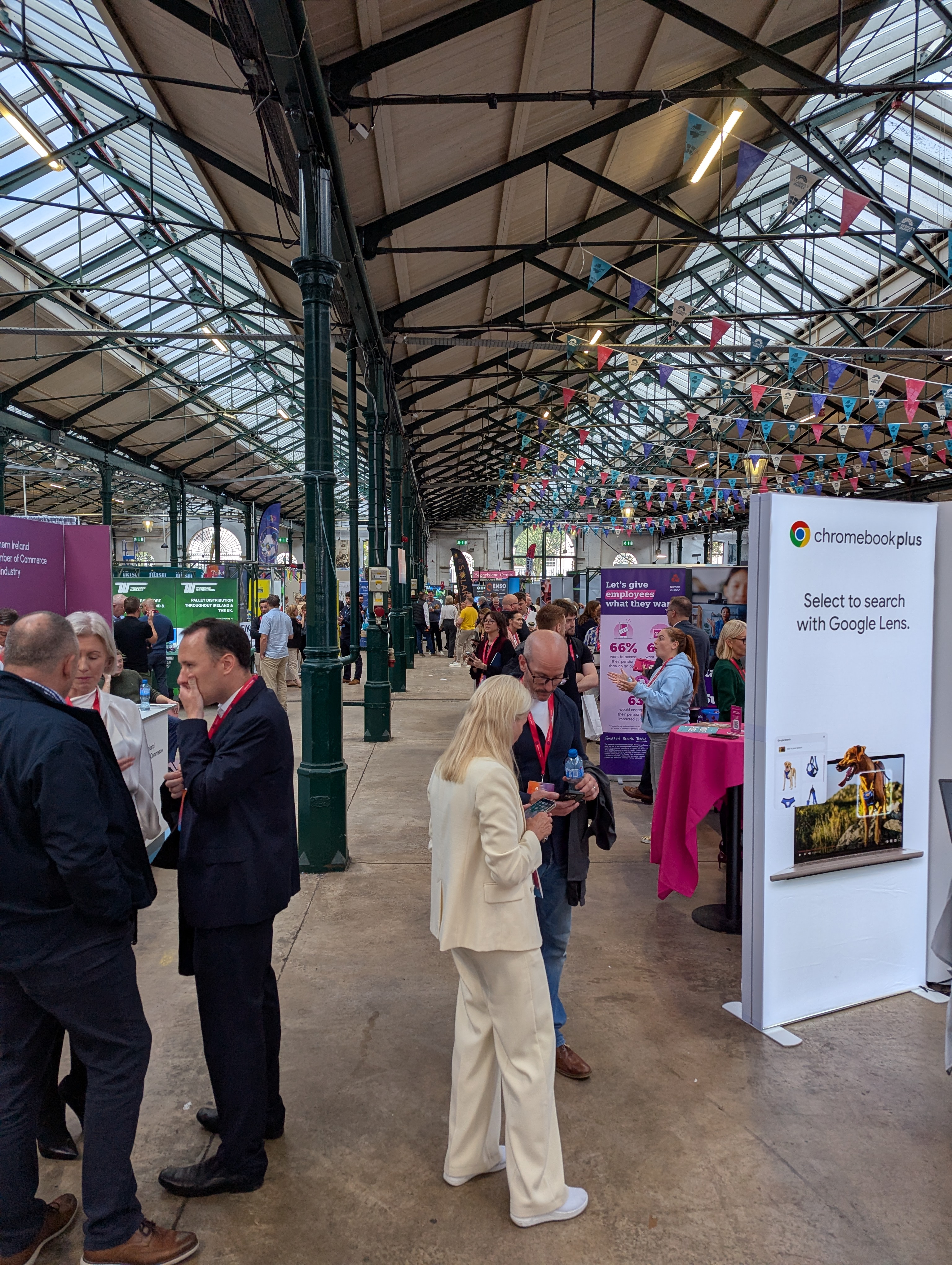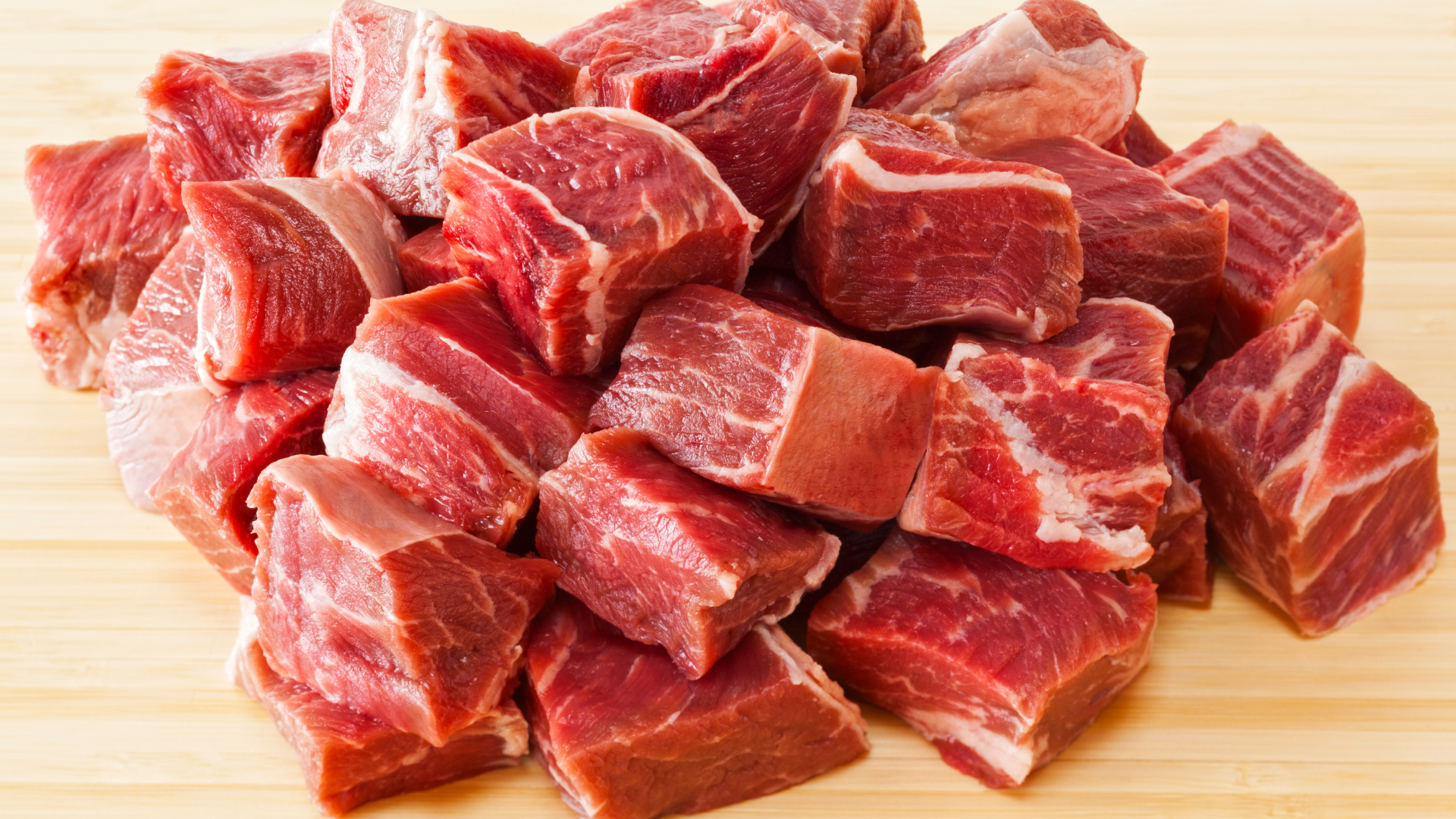Foods Connected spoke to 500 industry professionals across the US and the UK about traceability. Here's a first look at the results.
In February 2024, The European Commission received a letter from an industry organisation representing 90% of the European coffee trade. The contents voiced the body’s concerns about the fast-approaching EUDR regulations coming in December.
Lack of understanding around how supply chains work and not enough digital solutions being in place were cited as reasons the industry wasn’t ready to adopt the new regulations.
It was a fascinating insight into an industry that has been asked to reconsider its relationship with traceability for some time. It got the Foods Connected team thinking.
With different regulations and legislations rolling out across the globe – from FSMA 204 in the US to EUDR in Europe - why does the food sector still feel conflicted about integrating supply chain transparency into its daily processes?
To find the answer we surveyed 500 industry professionals across the US and the UK about traceability.
Our aim – to understand how they are feeling and what actions they are taking to help evolve the sector in the years to come.
What we asked about
Our survey touched on food safety, digital adoption, and of course traceability to gauge the blockers holding them back, and to assess both how ready businesses feel and in reality, how prepared they truly are.
Who we talked to
We also got input from five industry experts who specialise in food supply chain traceability to gain extra insight into our survey findings.
Why we undertook the project
An efficient traceability strategy can be massively beneficial to a business. It can help:
- identify an allergen issue during a product recall
- anticipate and offer up alternative solutions during a supply chain disruption
- and deliver farm-to-fork transparency that gives consumers faith in a product.
But it still isn’t a standard across the industry. We wanted to learn why.
In this blog we’ll outline some of our key findings from our research, and touch on what they mean for the food and drink industry’s approach to traceability.
To read the full report, download your copy here.
Report overview: Traceability in the food industry
The Food Standards Agency defines traceability as “the ability to trace and follow a food, feed, food-producing animal or substance”.
But what began as a need to trace and track products for our food security, has evolved to include supply chain mapping, sustainability and a wider 360-degree supplier compliance discussion.
New legislations and regulations are providing the means and mechanisms to achieve a more transparent global view of our industry. But that means that food businesses – both big and small – are having to reassess and revolutionise the ways they work to keep in step with this evolution of ideas.
But traceability isn’t just about the then and now – it also about the future of food. We are on the precipice of the some of the most monumental changes to the sector since the industrial revolution – and traceability is part of that; a vital building block in the sector’s full transition to Industry 4.0.
Without digital traceability solutions in place to ensure a clear 360-degree view of the ways we work it will be impossible to embrace the new ideas innovations like artificial intelligence offer.
If we want to make the food supply chain safer, more efficient, and more resilient, as we fight to feed future generations, then we need to make traceability a priority now.
5 key findings on traceability in the food industry
-
Food businesses accept the need for transparency and traceability across their supply chains

2. Digital transformation, key to enabling real-time, end-to-end traceability, is still a work
in progress
- 42% say their organisation doesn't currently use a digital system to manage food safety, quality, and traceability, but would be open to investing in one.
- In addition to this, for those who are collecting supplier data digitally, data silos are still a challenge for 69% of companies.
3. Despite the need for further digital transformation, there is optimism around preparedness for upcoming legislation and compliance deadlines
- However, with the EUDR deadline just 8 months away, there are still a fifth of businesses in the UK who don’t feel prepared.
/Graphics%20used%20in%20blogs/Blog_Stat2@150x.png?width=1179&height=960&name=Blog_Stat2@150x.png)
4. Funding, and education around this, is seen as one of the biggest blockers to traceability
.png?width=716&height=633&name=Blog_Stat5@150x%20(1).png)
- Overall 35% believe insufficient education around funding opportunities for businesses wanting to digitise is the biggest blocker to traceability.
5. Sentiment around Artificial Intelligence (AI) as future tool when it comes to traceability was largely positive
- 72% of food professionals surveyed agree that artificial intelligence (AI) will benefit their organisation positively.
- Food retail seemingly believes it has the most to gain from AI – both now and in the future - with 90% of retail businesses agreeing that AI will benefit their organisation positively.
Want to dig deeper into the research? Download your copy of the report to get all the insights.
Natalie Thorpe
A graduate of Letterkenny Institute of Technology, Natalie studied Visual Communication and Graphic Design. When she's not creating up new designs for company materials and branding, writing, compiling marketing plans or implementing new UX strategies, you'll find her roaming a deserted beach in search of her disappearing dog, or soaking up different cultures on her globetrotting adventures!
Stay up to date
Stay up to date
Browse Posts
- February 2026
- January 2026
- December 2025
- November 2025
- October 2025
- September 2025
- August 2025
- July 2025
- June 2025
- May 2025
- April 2025
- March 2025
- February 2025
- January 2025
- December 2024
- November 2024
- October 2024
- September 2024
- August 2024
- July 2024
- June 2024
- May 2024
- April 2024
- March 2024
- February 2024
- January 2024
- December 2023
- November 2023
- October 2023
- September 2023
- August 2023
- July 2023
- June 2023
- May 2023
- April 2023
- March 2023
- December 2022
- November 2022
- October 2022
- September 2022
- August 2022
- July 2022
- June 2022
- May 2022
- April 2022
- March 2022
- February 2022
- January 2022
- December 2021
/Blog%20Headers/shutterstock_2259314129%20(2).jpg)
.png?width=716&height=590&name=Blog_Stat3@150x%20(1).png)

/Blog%20Headers/shutterstock_1927957907%20(1).jpg)
/Blog%20Headers/shutterstock_1845178195%20(2).jpg)
/Blog%20Headers/shutterstock_2133827717%20(1).jpg)
/Blog%20Headers/shutterstock_2473376713.jpg)
/Blog%20Headers/shutterstock_2247276303.jpg)





.png)
.png)
.png)
/Graphics%20used%20in%20blogs/temple%20grandin%20visit%202024%2003.jpg)
.png)
.jpg)
.png)

.png)
.png)